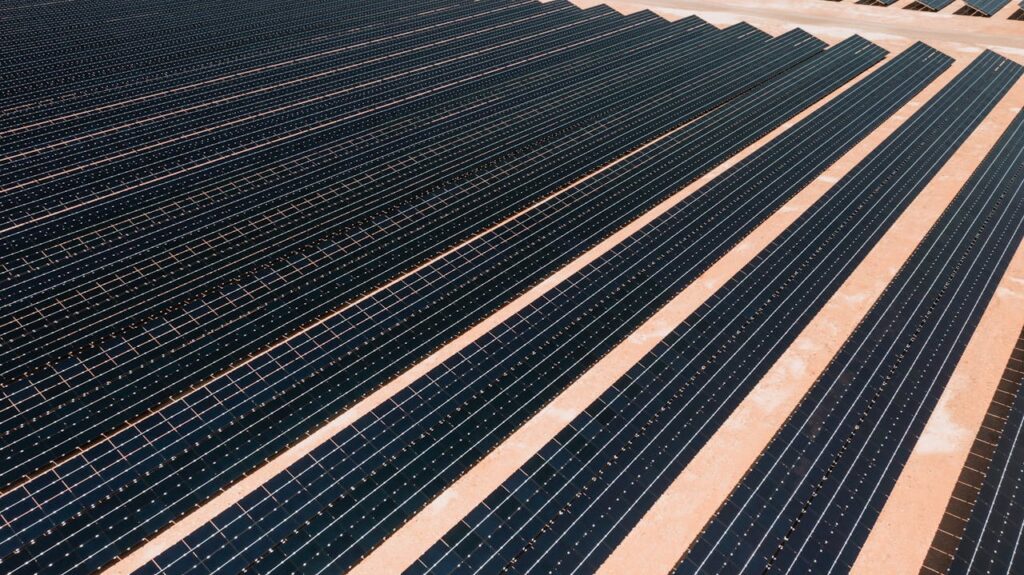Solar Panel Myths Debunked
Several myths and misconceptions about solar panel recycling persist, potentially deterring people from engaging in this crucial process.
This article aims to debunk some of the most common myths about solar panel recycling and provide a clearer understanding of its importance and feasibility.
Myth 1: Solar Panels Can’t Be Recycled
One of the most prevalent myths is that solar panels cannot be recycled. In reality, solar panels are composed of materials such as glass, aluminium, silicon, and various metals, which can be effectively recycled.
Advanced recycling technologies have been developed to recover and repurpose these materials, reducing waste and conserving resources. While the process can be complex, it is certainly possible and increasingly efficient.
Myth 2: Recycling Solar Panels is Not Economically Viable
Many people believe that recycling solar panels is too expensive to be economically viable. While it is true that the initial costs of establishing recycling facilities can be high, the long-term benefits and economies of scale can make it financially sustainable.
The recovery of valuable materials like silicon, silver, and aluminum can offset the costs, and as technology advances, the efficiency and cost-effectiveness of the recycling process continue to improve.
Myth 3: Solar Panels Last Forever and Don’t Need Recycling
Another common misconception is that solar panels have an indefinite lifespan and therefore don’t need to be recycled. Although solar panels are durable and can last for 25-30 years, they do eventually reach the end of their functional life.
When they do, it is essential to recycle them to recover valuable materials and prevent environmental harm. Recycling ensures that solar panels are responsibly managed at the end of their lifecycle.
Myth 4: Solar Panel Recycling is Harmful to the Environment
Some people assume that the recycling process for solar panels is harmful to the environment. In truth, while any industrial process has some environmental impact, solar panel recycling is designed to minimise these effects. Modern recycling methods are regulated and aim to reduce emissions, manage hazardous materials safely, and conserve resources.
The environmental benefits of recycling solar panels far outweigh the potential impacts of improper disposal.
Myth 5: Only Large-Scale Solar Installations Need Recycling
It is a common belief that only large-scale solar farms and commercial installations need to consider recycling. However, residential solar panels also require proper end-of-life management.
Whether they are used in homes, businesses, or industrial settings, all solar panels eventually need to be recycled to ensure environmental sustainability and resource efficiency.
Myth 6: Recycling Solar Panels is Too Complicated for Consumers
Many consumers think that recycling solar panels is a complex process that they cannot manage. While the technical aspects of recycling are handled by specialised facilities, consumers are not responsible for these details.
Many solar companies and recycling programs offer collection and recycling services, making it easy for consumers to dispose of their old panels responsibly. It is as simple as contacting a recycling provider and arranging for pickup or drop-off.
Myth 7: There Are No Regulations for Solar Panel Recycling
Some people believe that there are no regulations governing the recycling of solar panels. In fact, many countries, including the UK, have established regulations to ensure the proper recycling of electronic waste, including solar panels.
The Waste Electrical and Electronic Equipment (WEEE) Directive in the UK mandates the collection, treatment, and recycling of electronic waste, promoting responsible recycling practices.
Myth 8: All Solar Panels Are the Same and Recycled Similarly
Another misconception is that all solar panels are identical and recycled in the same way. While the basic components are similar, different types of solar panels (such as monocrystalline, polycrystalline, and thin-film) have distinct materials and require specific recycling processes.
Recycling facilities are equipped to handle these variations, ensuring that each type of panel is processed correctly to maximise material recovery.
The Realities Of Solar Panel Recycling
Dispelling these common myths about solar panel recycling is crucial for promoting sustainable practices and ensuring that the growth of solar energy remains environmentally responsible.
Recycling solar panels, inverters and batteries is not only possible but also economically viable, environmentally beneficial, and increasingly accessible to consumers. By understanding the realities of solar panel recycling, we can make informed decisions that support a greener and more sustainable future.

